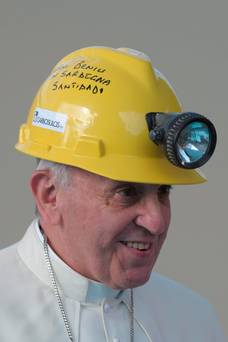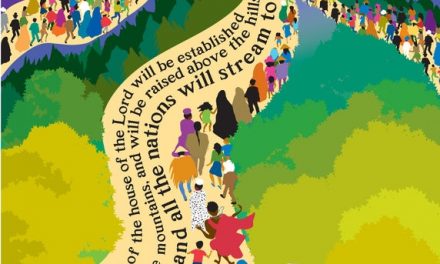On Mondays throughout the year, New Wine New Wineskins, a fellowship of early-career moral theologians, shares posts from members. This week, Fr. Christopher Krall, S.J. shares from his presentation at the most recent NWNW annual conference, held every July on the campus of Notre Dame. For more information about the upcoming 2024 conference and how to submit a proposal, see the Call for Papers here. And, as always, check back each Monday for more content from New Wine New Wineskins!
As an ethical consideration, what is the most impactful and meaningful decision which we human persons can make? Aquinas writes in the Summa Theologiae that the human person is “the master of his actions through his reason and will” (I-II, q. 1, a. 1). Arguably, one of the most complicated acts to consider and willfully enact is whether to end or preserve life. Ending the life of another person intensifies the complexity. When the life involved becomes one’s own life, the complexity is magnified exponentially. Human decision-making requires freedom. Yet freedom is fragile and often restricted and skewed based on certain risk factors and subtly perceived influences.
“The most dangerous form of suicidal desire”, according to the interpersonal theory of suicide developed by Kimberly A VanOrden and her colleagues, “is caused by the simultaneous presence of two interpersonal constructs–thwarted belongingness and perceived burdensomeness.” The culpability or “sinfulness” of suicide, is clearly a point of unease and contention, especially given our awareness of the psychological struggles involved in it. Yet, true personal freedom requires a structure in which to make decisions that are either beneficial or harmful in obtaining the end for that category we are in or moving away from. The roles or categories of our lives which we value, identify with, and which ultimately provide our freedom and ability to choose, can also become the source of entrapment and confinement. If a person feels a thwarted sense of belonging or burdensomeness and their highest value is family and children, then they may not be living up to their ideal of a contributing family member. A recent Pew study revealed that women found happiness through multiple sources but men did not, which may have correlation with why men die of suicide at a rate four times higher than women.
I use the term Catastrophic Categorical Thinking (CCT) to identify the detrimental ways one structure of meaning or life-role can become the restriction and limitation of one’s freedom so severely that, when thwarted, a person feels there is no choice but to end life. What is the remedy for such a predicament? Nothing easy! However, what psychology, neuroscience, and the ancient Judeo-Christian tradition suggest is the development of multilevel relational integration. From the individual, communal, and spiritual dimensions of one’s being, creative and healing connections allow for a broadening of one’s horizons or the breaking out of the catastrophic categories in which a person can become entrenched. Breaking free from skewed visions of the self, others, and the world requires a healing from above, as Bernard Lonergan says, or grace, a falling in love, the recognition that we do belong and that we are not a burden, but beloved. This social dimension of human belonging has gained much publicity recently as the 2023 U.S. Surgeon General’s Advisory focused specifically on the “healing effects of social connection and community,” while also addressing the pandemic of suicide and the common societal mentality towards it.
The paper I offered at the most recent meeting of New Wine New Wineskins conveyed the critical importance of belonging and the drastic consequences of exclusion, isolation, and the perception of being a burden to humanity. The plague of Catastrophic Categorical Thinking is quite literally killing us at rates that are beyond sad and unacceptable. The work that we do as theologians and teachers to build multilevel relational integration is of the utmost importance, as it brings freedom and awakens within humanity the great power to choose life.
Fr. Christopher Krall, S.J. is a Roman Catholic Priest in the Society of Jesus and Professor of Theology and Neuroscience at Creighton University in Omaha, NE.





